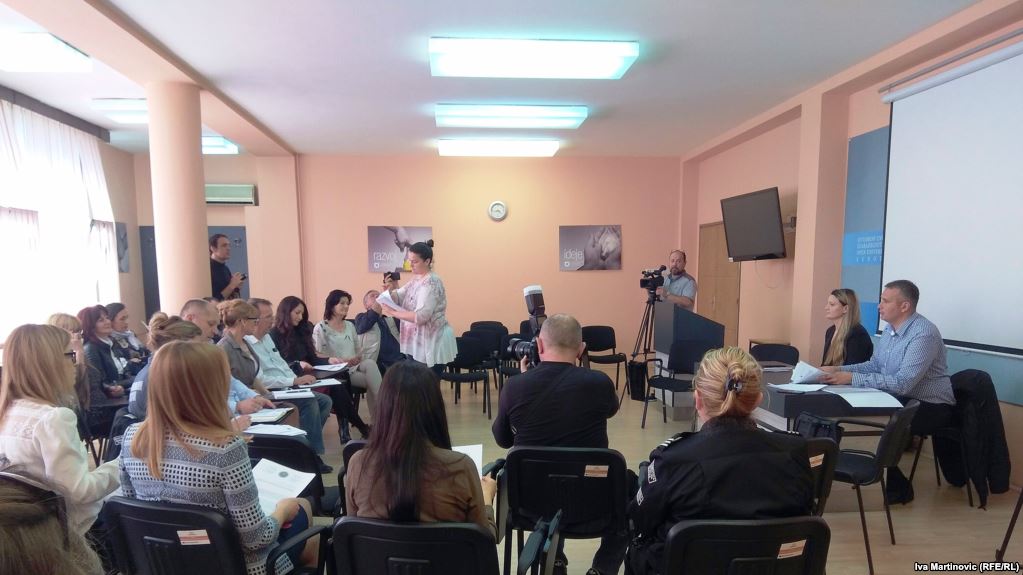Hotline: +381 61 63 84 071
Subotica has formed the team for combating human trafficking

Subotica has formed the team for combating human trafficking
April 20, 2018
Subotica, a city in northern Serbia, located on the migrant route, is the high risk area for human trafficking. The most vulnerable are women and children - single mothers, persons that come from deprived families, as well as the ones who are recipients of different type of social welfare.
To that end, Subotica has formed a special team for combating human trafficking, teaming up with Belgrade Association Atina that has been working in this area for past 15 years. This two-year-project is funded by the NGO International Rescue Committee and the U.S. State Department. The team is formed at the request of the Ministry of Interior, state governemnt and local self-governemnt as the new National Strategy for Suppression of this type of crime requires reorganized and intensified work of the Working groups.
Police, Court, Prosecutor’s office, as well as the civil sector and all city social care institutions are involved in designing the new action plan, says Ilija Djukanović, the member of city council in charge of social issues.
Jelena Hrnjak from the Association Atina emphasizes that the human trafficking victims always come from the same social milieu.
“Predominantly, these are still women and children. In particular there are many children who are in this situation. Single mothers are also at risk of trafficking, persons from different deprived families, as well as the ones who receive different kind of social welfare”, says Jelena Hrnjak.
Last year, 50 cases of trafficking have been noted, which is definitely less than before thanks to enhanced police engagement since the outbreak of migrant smuggling. Regardless of that, this issue shouldn’t been measured by figures, Jelena Hrnjak states.
“When you get deeper into only one person’s story, you will realize how much citizens and the system sinned against that person. Just from that one case you will see how severe and alarming the situation is, and how much should be done in order to help only one person“, stresses Hrnjak.
According to her, among the traffickers, there are parents who sell their children, members of the family, as well as the persons who were close to the victim, and had a trustful relationship.
“Traffickers can also be employers who have exploited victims at work. What is even worse is that when I read court verdicts, I get the impression that these persons normally do not regret their past actions“, said Jelena Hrnjak.
Even though each trafficking case is unique, it seems like there is a common cause behind this social issue.
“For instance, one woman became human trafficking victim because of the electricity bill she couldn’t afford paying; owing to that she went abroad and ended up as a trafficking victim. You will see, however, that behind all that lies a severe poverty which is rooted in our society and brings about this issue. You will also see a disconnection of people from education and health system, all of which can contribute to a person becoming a victim“, states Jelena Hrnjak.
Orginal article can be found on this link: https://www.slobodnaevropa.org/a/29182366.html
These activities are carried out under the project “From danger to safety: Improving protection for human trafficking victims in Serbia“ implemented by the International Rescue Committee (IRC) and NGO Atina, and funded by the Government of the United States.












 FACEBOOK
FACEBOOK TWITTER
TWITTER YOUTUBE
YOUTUBE